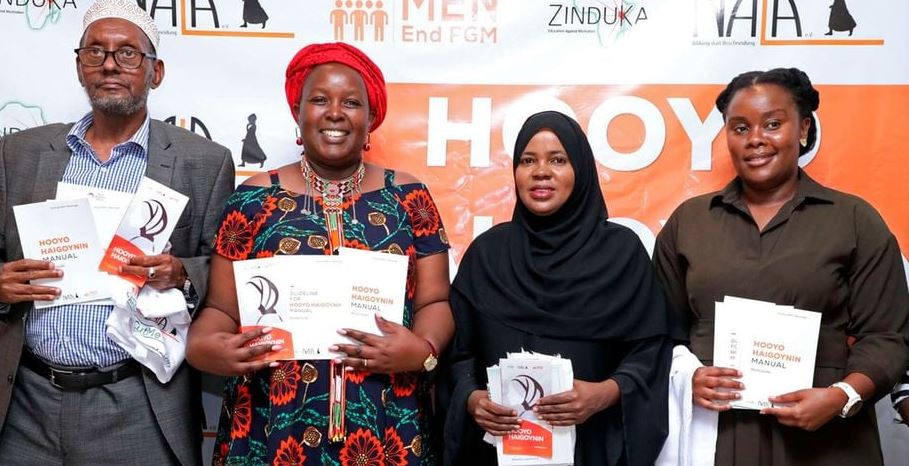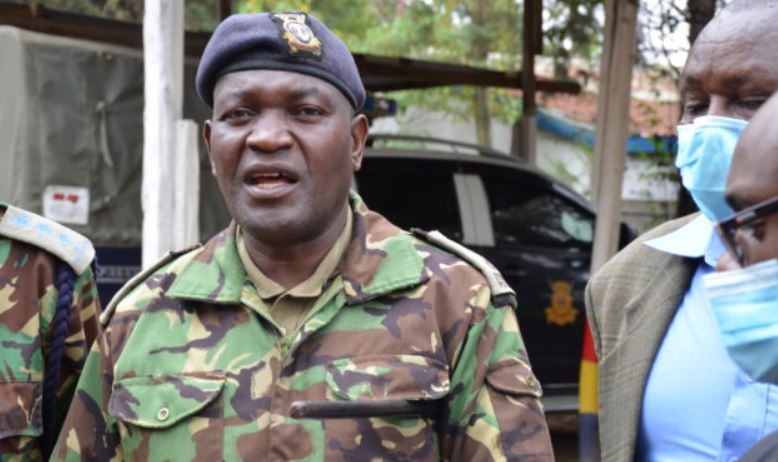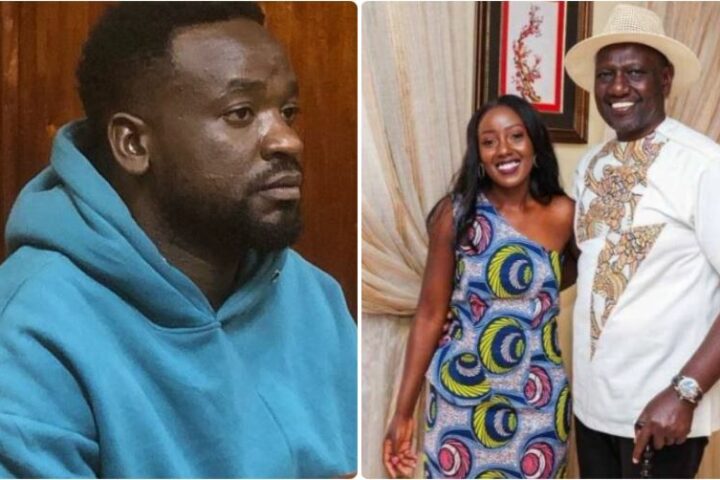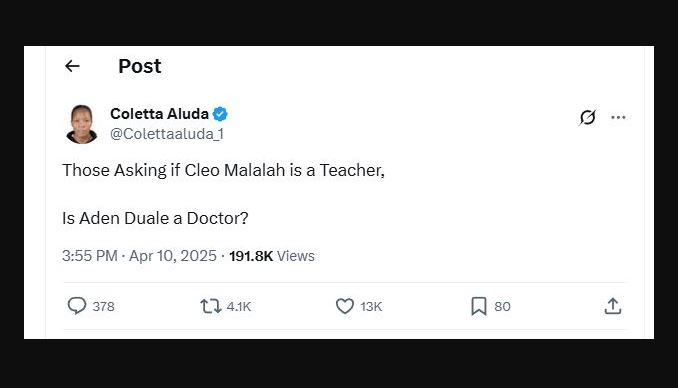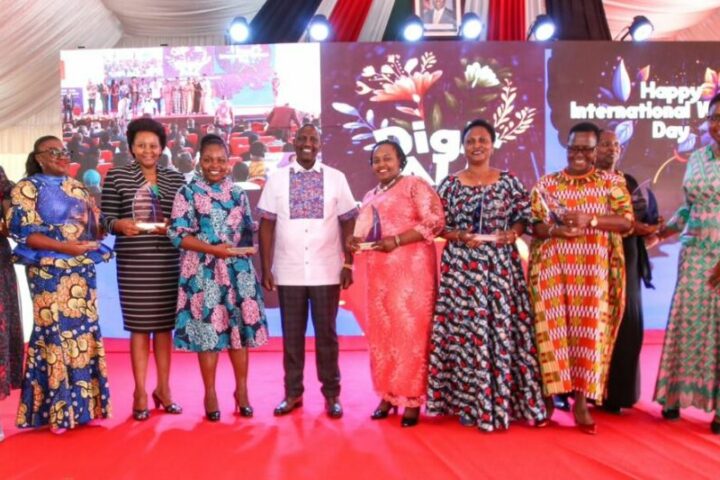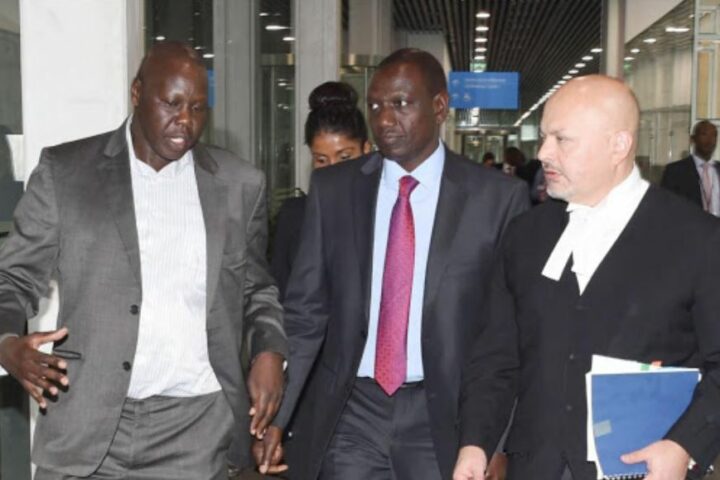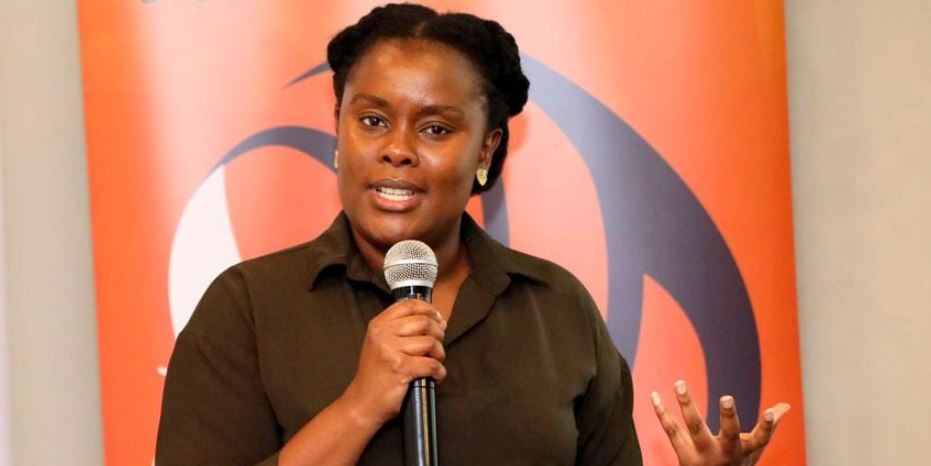 Beatrice Sakaja has recounted how she could have been a victim of female genital mutilation (FGM) when she was younger.
Beatrice Sakaja has recounted how she could have been a victim of female genital mutilation (FGM) when she was younger.
The Nairobi County First Lady said she first learned about the cut when she was 17 years old. She said her high school teacher assigned them homework to research harmful traditional practices in their respective communities.
When she returned home, she asked her mother who told her that her Taita community practiced female circumcision.
Beatrice said her mother admitted that she(Ms Sakaja) could have undergone the cut when she was younger.
“My mother told me FGM was one of the harmful cultural practices in my community. She confessed that I had actually escaped the cut by a whisker, after she stood firm against my grandmother’s push to have me circumcised,” she said.
Beatrice spoke during the launch of a pilot programme to address FGM among the Somali community members in Eastleigh, Nairobi.
The initiative is dubbed Hoiyo Haigoynin, meaning ‘Mum don’t cut me’.
Ms Sakaja said it was unfortunate that most of her aunties and other relatives have been circumcised. She thanked her mother for standing firm against what she described as cruel and meaningless cultural practices.
“Women must stop cutting girls and fellow women. My mother went against her mother-in-law and ended up protecting me from being cut,” she said.
Beatrice also highlighted the need to involve men and boys in the fight against FGM. She said men hold immense influence in changing culture and perception in their respective communities.
“Time is ripe for men to talk to their sons and brothers on why they must fight FGM. My mother managed to shield me from the cut because she had the support of my father and her father-in-law, which underscores the influence that men wield on such matters,” the wife of Nairobi governor Johnson Sakaja said.
Spearheaded by Zinduka-Kenya in conjunction with Men End FGM Foundation, Hoiyo Haigoynin will run for 12 months targeting the Somali community, which has more than 90 percent FGM prevalence.
